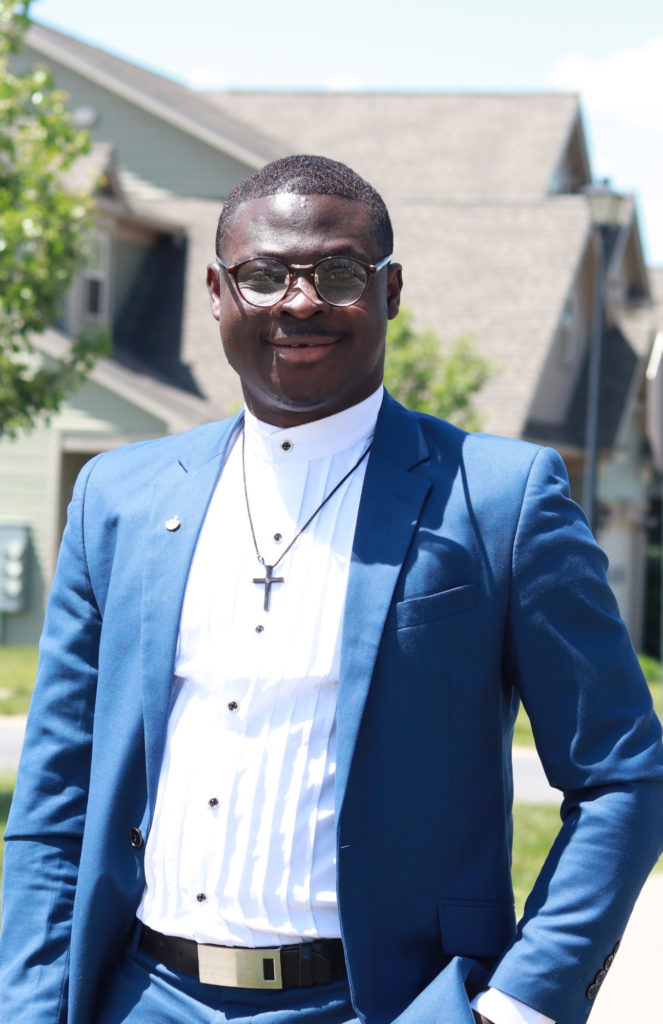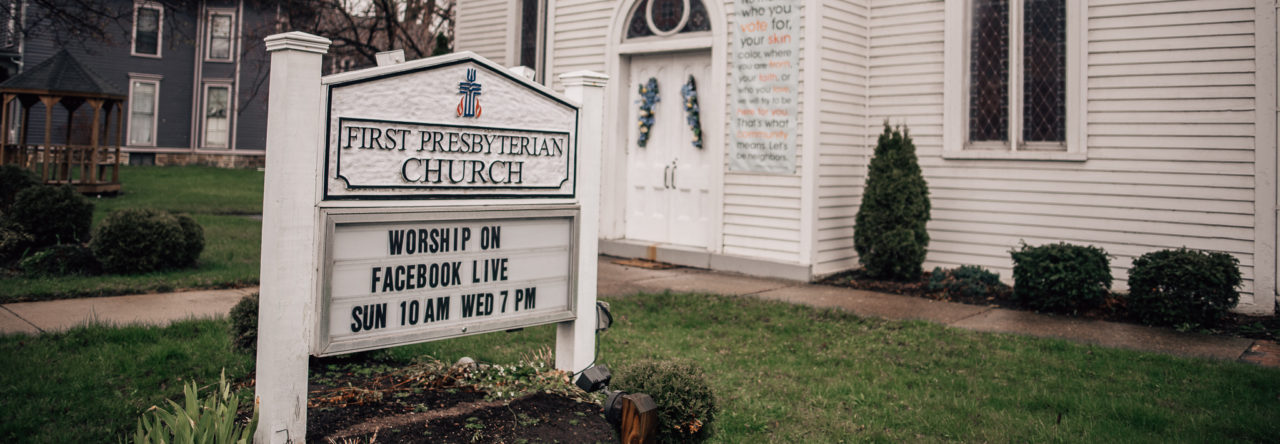
Greeting’s members of the FPCV!
God is good. I am glad to report that I arrived safely at the Columbia Theological Seminary last two weeks. The delta variant of the virus (Covid 19) is spreading very fast across Georgia and its environment. So, I have been spending my days indoors, reading, and preparing for class. I want to thank you all for your prayers and support for my family.
Today, I would like to share my perspective on the good Samaritan parable. I am currently studying Luke 10:25-37. I call this text the mission of the Church. The parable is very popular that we usually miss some of the critical details that drive it. We have always told the parable from the Samaritan’s perspective and condemn the acts of those who paid no attention to the wounded and beaten man left in his own pool of blood. Indeed, whenever pastors preach this story, they encourage us to take the position of the good Samaritan, to be the hero of our family, Church, and society. But the Samaritan in this parable was the hero because he first felt the pains of this unknown and wounded man lying on the roadside. The Samaritan offered help to the injured man because he asked the question “what if I was the one lying in this pool of blood,” “what if I was the one beaten and robbed,” “it was no fault of this person to have suffered this on the hands of the robbers, he does not deserve this, I must help him.” He offered him help because he felt his pain and put himself in his shoes. That was not the case for the Priest and the Levite. These two people walked away selfishly without thinking about the pains of the wounded man. Probably, they might have said in their mind, “this man was beaten because of his bad deeds.” They did not offer any help because they judged him instead of feeling compassion for him.
As a church, we can only offer help and support to the wounded world only when we feel the pains of the marginalized. When we put ourselves in the shoes of others, we will be moved with compassion and love. We cannot be the good Samaritan when the pain of others is not our pain. We cannot love our neighbors when we judge them. The Church’s mission is to love and care for all, but that can be done when we pay attention to other’s needs, know their struggle, and understand that their pain is ours. So, I took the vaccine not because I want to protect myself but also to protect my neighbors and loved ones. This is what we have been called to do, love and care for others as Christ did for us on the Cross.
Alfred Appiah

